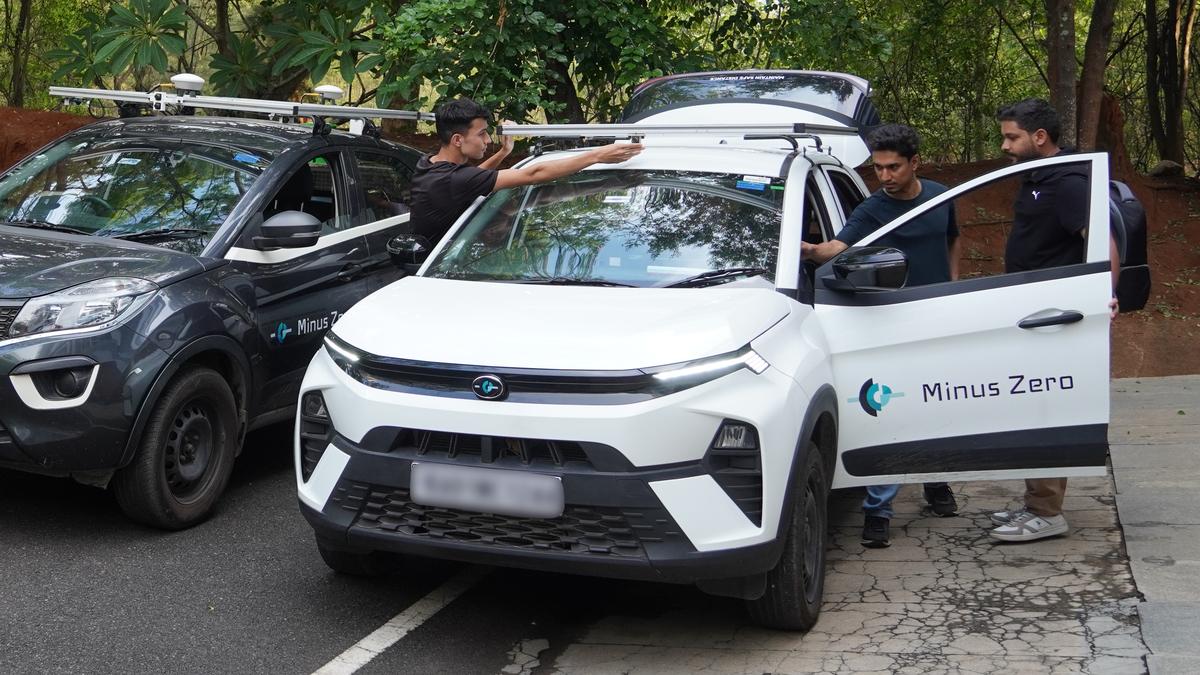
The darknet, a hidden part of the internet where anonymity reigns, has long been a hub for illicit activities such as drug trafficking, weapon sales, and cybercrime. However, in recent times, a new commodity has emerged as one of the hottest-selling items: hacked accounts for generative AI (GenAI) platforms. These stolen accounts, which give access to cutting-edge AI tools, are in high demand for their ability to generate text, code, images, and even synthetic identities.
This article explores the growing market for hacked GenAI accounts on the darknet, why they’re so popular, the risks involved, and the broader implications for cybersecurity.
The Top 5 AI Tools That Will Supercharge Your Marketing Agency in 2024
The Rise of Generative AI and Its Value
Generative AI platforms like OpenAI’s ChatGPT, Google Bard, and other similar tools have become increasingly popular across various sectors. Businesses use these AI systems to automate customer support, generate marketing content, and enhance productivity, while developers and data scientists use them to write code, solve problems, and optimize workflows. As more organizations and individuals depend on these AI tools, having premium access becomes crucial.
Most of these platforms offer tiered subscription models, with premium accounts unlocking advanced features such as faster response times, enhanced creative outputs, and extended limits on usage. However, the costs for these services can be high, especially for small businesses and independent users. This is where the darknet steps in, offering hacked accounts at a fraction of the legitimate cost, making them an attractive alternative for those unwilling or unable to pay for premium subscriptions.
Why Are Hacked GenAI Accounts So Popular?
- Cost Savings: As mentioned earlier, premium GenAI subscriptions can be expensive. On the darknet, these accounts are available for a fraction of the official cost, making them appealing to buyers seeking access to advanced AI tools without the financial burden.
- Access to High-Powered Tools: Generative AI platforms are powerful, but they often restrict usage for free or lower-tier users. By purchasing a hacked account, individuals can bypass these limitations and gain access to high-powered features.
- Anonymity and Low Risk of Detection: Darknet transactions typically involve the use of cryptocurrencies like Bitcoin, ensuring anonymity for both buyers and sellers. Additionally, since these accounts are hacked from legitimate users, the account holders often remain unaware that their credentials have been compromised until they notice suspicious activity or are locked out.
- Growing Utility of AI Tools in Cybercrime: For cybercriminals, generative AI tools are invaluable. They can be used to generate phishing emails, create fake identities, and even automate some aspects of social engineering attacks. The illicit market for GenAI accounts is partly driven by this intersection of cybercrime and advanced AI capabilities.

How Are These Accounts Hacked?
The methods used to hack GenAI accounts are not entirely new but are increasingly sophisticated:
- Credential Stuffing: One of the most common techniques is credential stuffing, where cybercriminals use previously breached username-password pairs to gain access to other accounts. Given that many users recycle passwords across multiple platforms, this method can be highly effective.
- Phishing Campaigns: Cybercriminals may also run targeted phishing campaigns designed to trick individuals into giving up their login credentials. Once acquired, these credentials are sold on darknet marketplaces.
- Exploiting Weak Security Protocols: Some generative AI platforms may have vulnerabilities in their authentication or account recovery processes, making it easier for attackers to gain unauthorized access.
- Brute Force Attacks: Although less common due to security improvements like CAPTCHA systems, brute force attacks where attackers systematically guess login credentials can still yield results, particularly for less sophisticated platforms.
The Darknet Market for Hacked GenAI Accounts
The darknet is rife with marketplaces that specialize in the sale of stolen digital assets, and hacked GenAI accounts have quickly become a top seller. Listings for these accounts typically include details such as the platform, subscription level (e.g., basic, premium, enterprise), and price. Vendors may also provide guarantees or replacement policies in case the buyer encounters issues with the account.
Prices vary based on factors like account type and platform popularity. For example, premium accounts for widely used tools like OpenAI’s GPT-4 or advanced image-generation platforms can fetch higher prices than lesser-known alternatives.
The Risks and Consequences
- Account Lockouts and Detection: Buyers of hacked accounts risk losing access when the legitimate owner detects the breach. If the platform notices suspicious activity, they may lock the account or require additional verification steps, rendering the purchased access useless.
- Legal Consequences: Purchasing hacked accounts is illegal in many jurisdictions. Those caught buying or using these accounts could face legal repercussions, ranging from fines to imprisonment.
- Malware and Scams: The darknet is not without its own risks. Buyers may be lured into scams where they pay for accounts that don’t work or inadvertently download malware disguised as account credentials.
- Ethical Concerns: Beyond the legal and technical risks, there’s an ethical dimension. By purchasing hacked accounts, users indirectly support the broader ecosystem of cybercrime.
The Broader Cybersecurity Implications
The growing demand for hacked GenAI accounts underscores a critical need for better cybersecurity practices and user awareness. As generative AI becomes more integrated into business operations, securing these accounts must be prioritized. Here are some recommendations:
- Stronger Authentication: Platforms should implement multi-factor authentication (MFA) and encourage users to adopt it. MFA adds an extra layer of security, making it harder for attackers to gain access even if credentials are compromised.
- Password Hygiene: Users should be educated about the importance of using unique, strong passwords across different platforms. Password managers can help automate this process, reducing the risk of credential stuffing attacks.
- Monitoring and Response: GenAI platforms must continuously monitor for suspicious activity and swiftly respond to potential breaches. Automated systems can flag unusual usage patterns, helping detect compromised accounts early.
- User Education: Raising awareness about phishing tactics and the importance of securing accounts is essential. Regular reminders and training can significantly reduce the likelihood of users falling victim to such attacks.
Krutrim Aims to Dominate the AI Chip Market with 2026 Launch
Conclusion
Hacked GenAI accounts have become a hot commodity on the darknet, driven by a mix of cost-saving motives, the utility of AI tools in cybercrime, and the anonymity of illicit transactions. While these accounts may offer access to powerful tools at discounted rates, the risks—from legal consequences to malware—far outweigh any perceived benefits.
As generative AI continues to grow in prominence, securing these platforms and educating users on best practices will be critical in mitigating the threat of account compromises. In the end, this is not just about protecting access to innovative technology; it’s about safeguarding the integrity of an increasingly AI-driven digital landscape.































I conceive you have remarked some very interesting points, regards for the post.